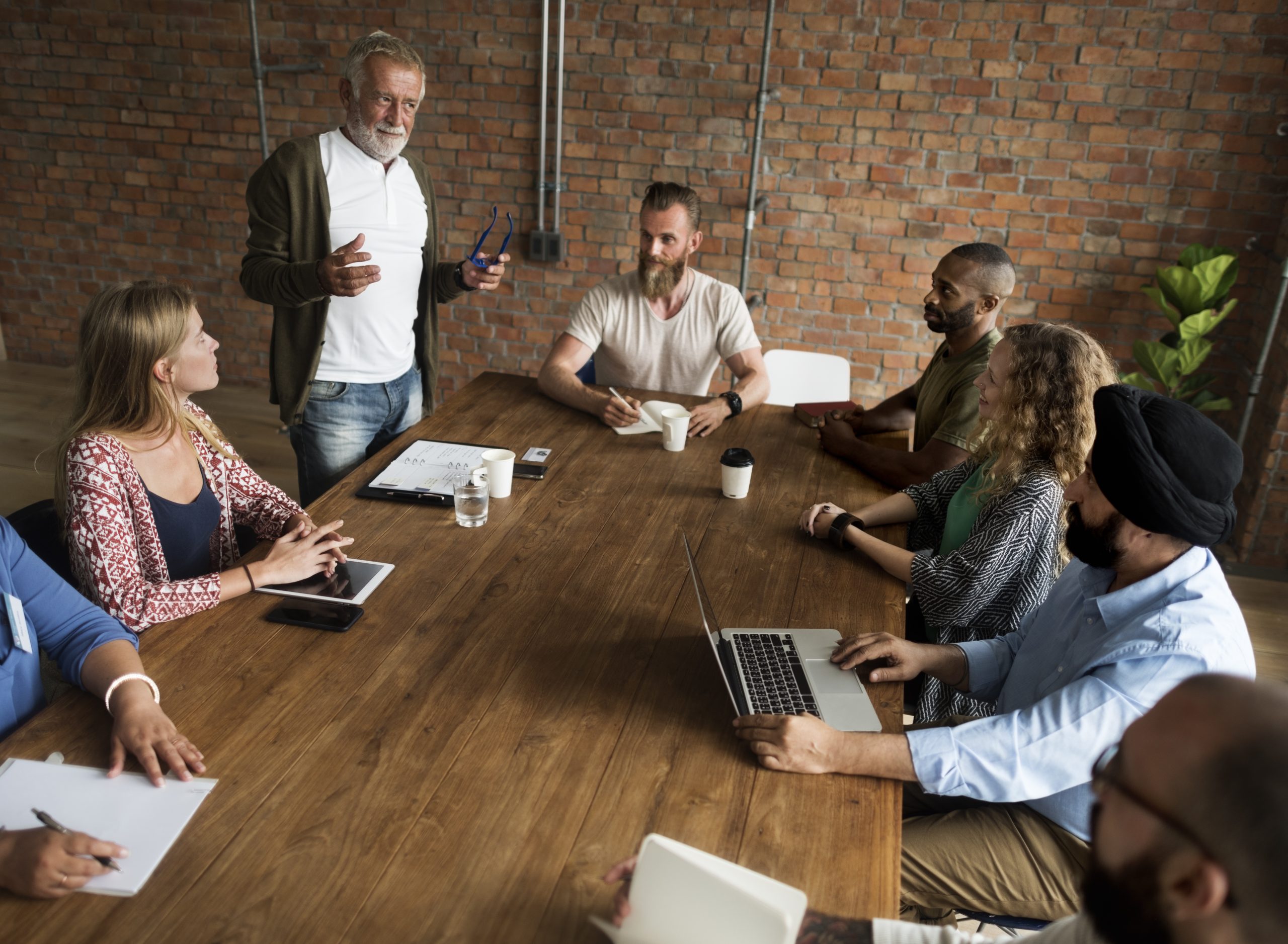Organize and claim your free web presence on this site. Use your page to share campaigns, list events, adapt resolutions, solicit public comment, and begin reclaiming the public square.
Real change often starts in your own city hall or statehouse. You have the power to organize with your neighbors, draft a formal proposal, and present it directly to your representatives. The path is straightforward, but it requires persistence and preparation:
Put out the word. Begin by sharing your idea publicly—through conversations, flyers, social media, neighborhood associations, or community events. State the issue clearly and invite others to join.
Find your allies. Identify people and organizations already working on related concerns—environmental groups, parent-teacher associations, faith communities, student clubs, or local nonprofits. Broad coalitions carry more weight.
Form a working group. Even three to five committed residents can draft and carry a resolution. Divide tasks—research, drafting, outreach, and public testimony.
Adapt a draft resolution. At folklaw.org you will find a library of pre-drafted resolutions. Customize one to fit your community’s needs and language. Keep it concrete, actionable, and aligned with existing legal frameworks.
Engage decision-makers early. Contact your council members or their staff before a public hearing. Ask for a meeting, present your draft, and show that it reflects community input. Council members are more likely to support a resolution they helped shape.
Show up and testify. Attend the council meeting where your proposal will be heard. Prepare a short, respectful statement—two to three minutes—that explains why this matters and what the resolution does. Bring others to speak as well, each with a different perspective (health, economics, environment, personal story). Numbers and diversity of voices matter.
Follow up. After the hearing, thank council members who supported you and stay in touch with those who hesitated. Keep your coalition informed and visible—momentum often requires multiple rounds of hearings or votes.
On this site, you will find the tools to support this process. Our resolutions are freely amendable and designed for action within America’s federal system, where local and state governments hold profound authority to shape policy, protect rights, and respond to urgent community needs. These resolutions are meant to be working instruments—edited and refined by residents, then introduced to councils, county boards, or state legislators. The goal is not confrontation, but re-engagement in civic life: showing up with carefully written proposals that carry the moral weight of consensus.
This approach has a proven record. The Decriminalize Nature movement began in Oakland using this exact model and has since passed resolutions in over 25 U.S. cities. Its effectiveness came not from lobbying dollars, but from grassroots groups presenting pre-drafted language grounded in science and public values. City council members were given something defensible and easy to adopt—something concrete to say “yes” to. The lesson is clear: coordinated local action can shift the national conversation.
To support your efforts, we also provide a free organizing platform. Any group can claim a web presence at folklaw.org. Use it to share your campaign, post events, collaborate on amendments, and build momentum to reclaim your public square.
When you approach a city council or state legislature, remember that elected officials are constantly juggling competing demands with limited time. Coming to them with a clear, well-drafted resolution backed by community support makes their job easier. You are not just another voice demanding attention—you are offering a resource: a concrete solution, vetted language, and evidence of local buy-in. This shifts the dynamic from confrontation to collaboration, showing that you respect the process and want to help them govern more effectively.
Engaging in this way is also one of the most practical ways to get to know your representatives. Meeting with them, testifying at hearings, and following up afterwards gives you insight into where they stand on the issues most important to you and your group. You’ll quickly learn who listens, who hesitates, and who avoids commitment. These experiences give your community a sharper understanding of local politics and help you build lasting relationships with the officials whose votes shape your daily lives.
The strength of your effort will come from its local roots—the ability to match the tone, pace, and values of your own community. And when groups like yours connect across regions, they begin to weave a fabric of democratic renewal—citizens reclaiming the everyday machinery of governance, one resolution at a time.

